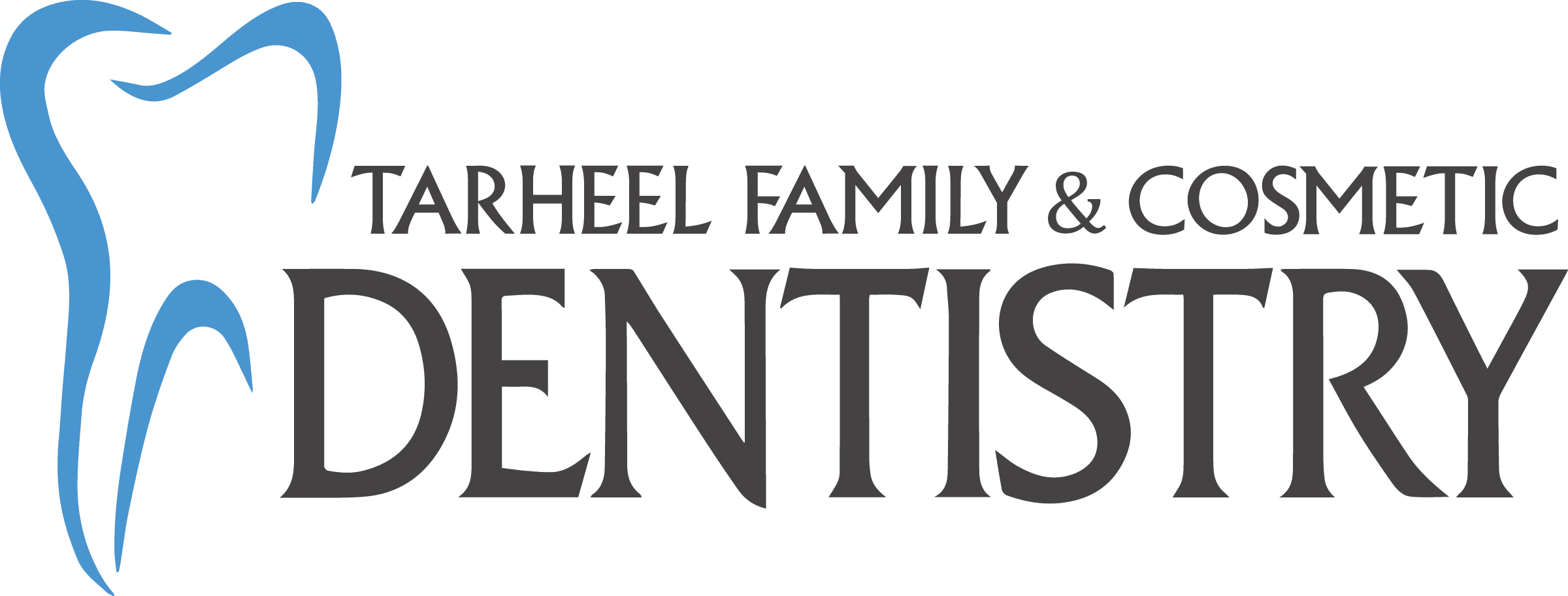TMJ Treatment An Overview
Dr. Sarah Cook can address the symptoms of a TMJ disorder with a range of conservative treatment options tailored to your specific oral health needs. TMJ disorders are often the underlying cause of a range of symptoms that can impact your daily quality of life and compromise the long-term integrity of your smile. The goal of your treatment is to identify the dysfunction in your bite and reduce muscle tension in the jaw with appropriate care that enables the teeth to make proper contact and reduces teeth grinding or jaw clenching.
What Causes TMJ?
“TMJ” is the common term for a range of symptoms that are the result of an imbalance in the function of the temporomandibular joint. This joint connects the temporal bone of the skull and the lower mandible of the jaw. It supports chewing and speaking, powered by the masticatory muscles. If there is damage to the joint or tension in the muscles, this makes it more difficult to chew and speak comfortably and can also lead to painful symptoms including chronic headaches.
There are many reasons for dysfunction in the bite, from a genetic structural defect in the jaw to trauma and even stress. The majority of patients with a TMJ or bite related disorder also grind their teeth, which increases muscle tension and associated discomfort in the head, neck and jaw area.
Dr. Cook will meet with you to examine all aspects of your smile and discuss your overall medical history as part of diagnostics for treatment planning.
